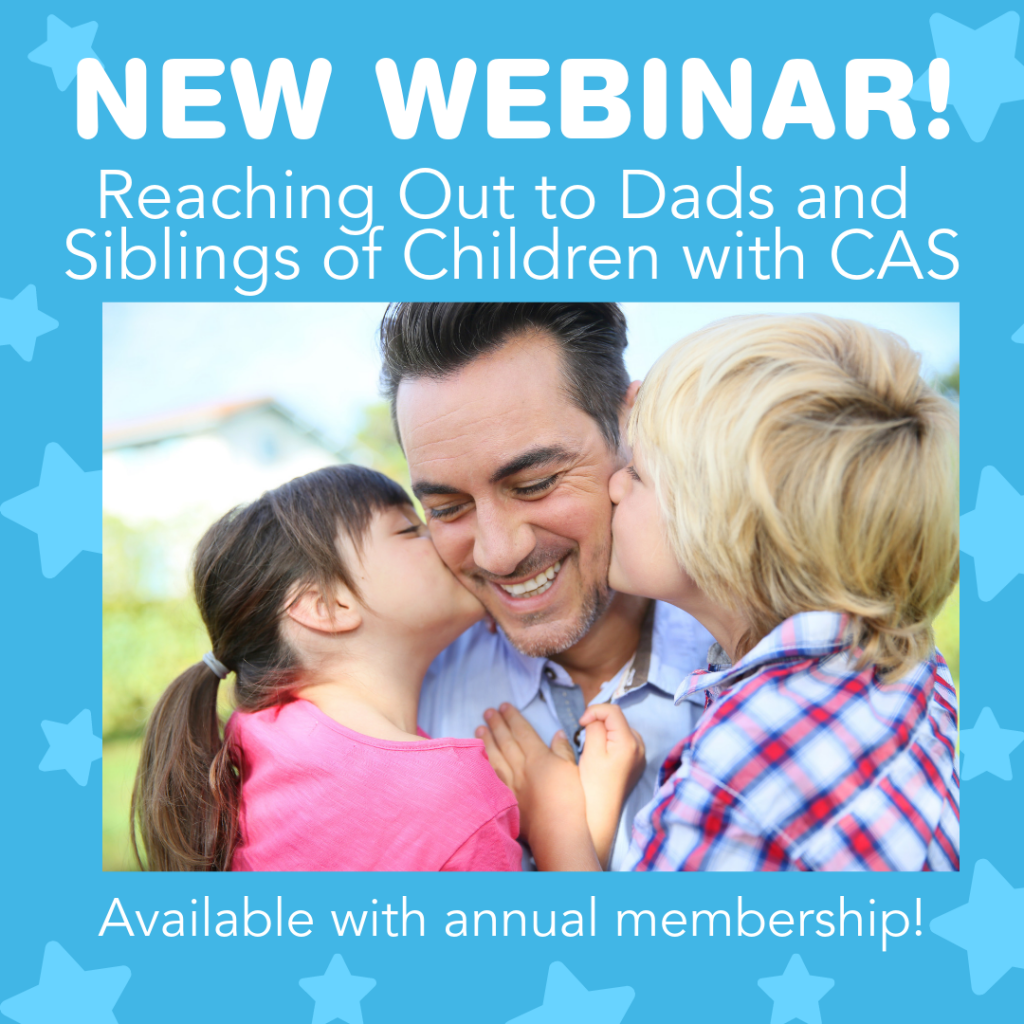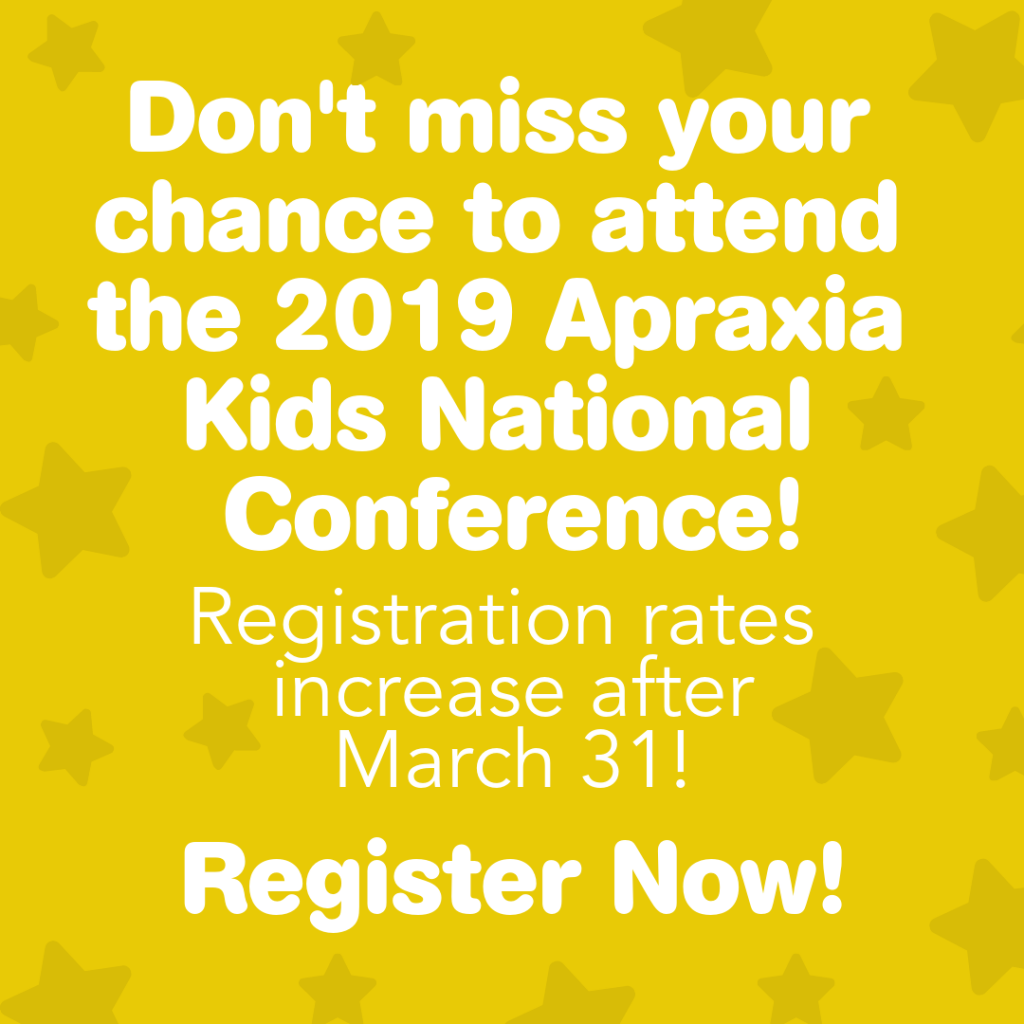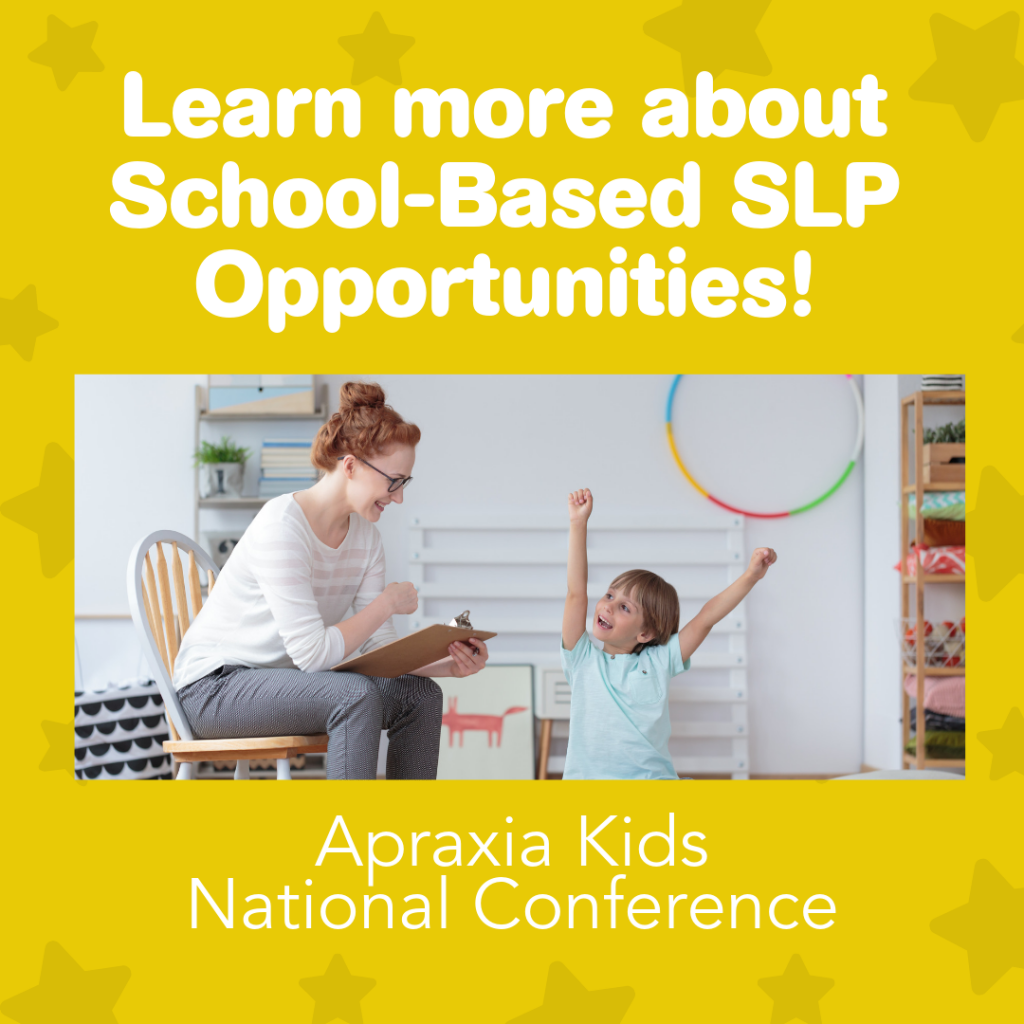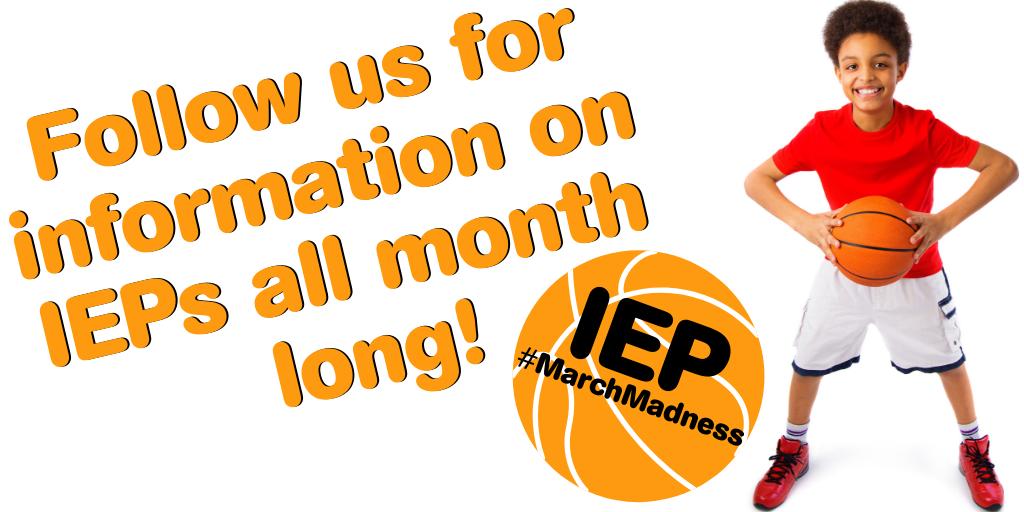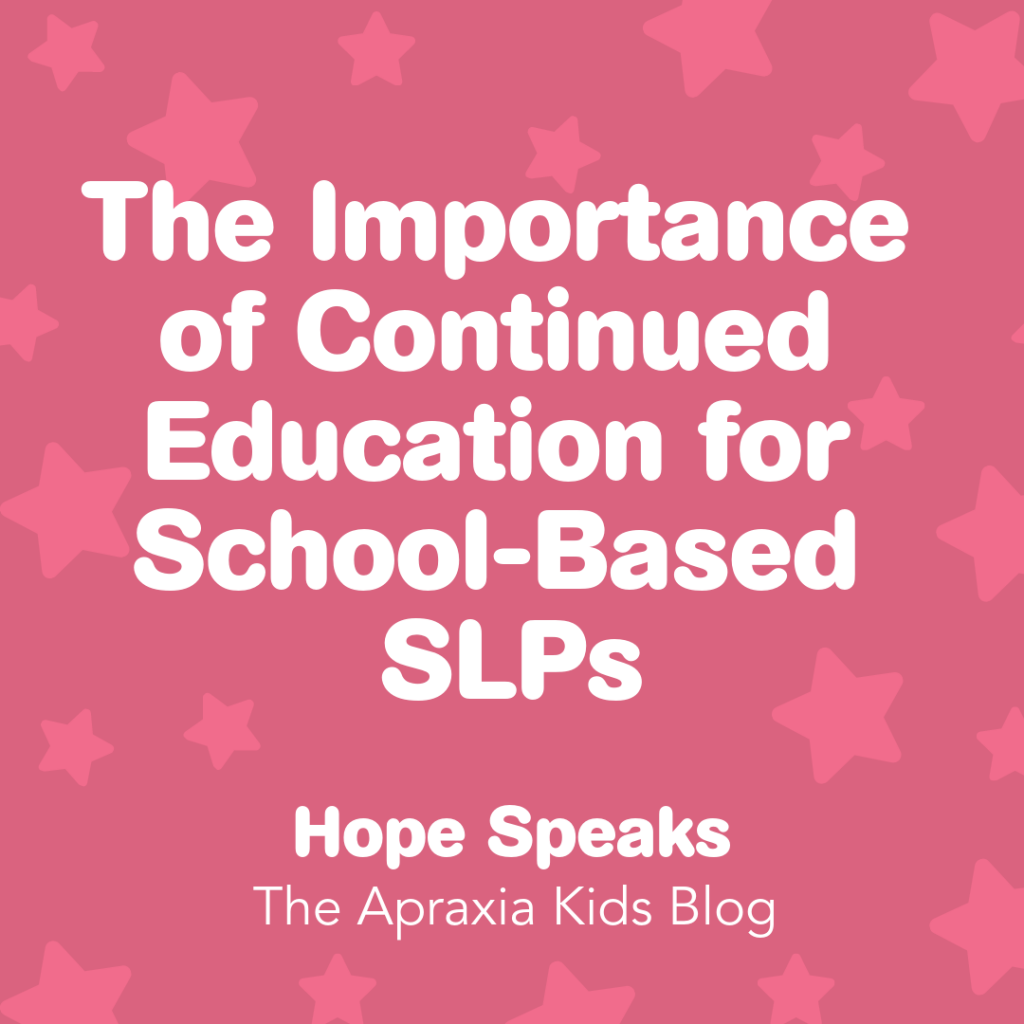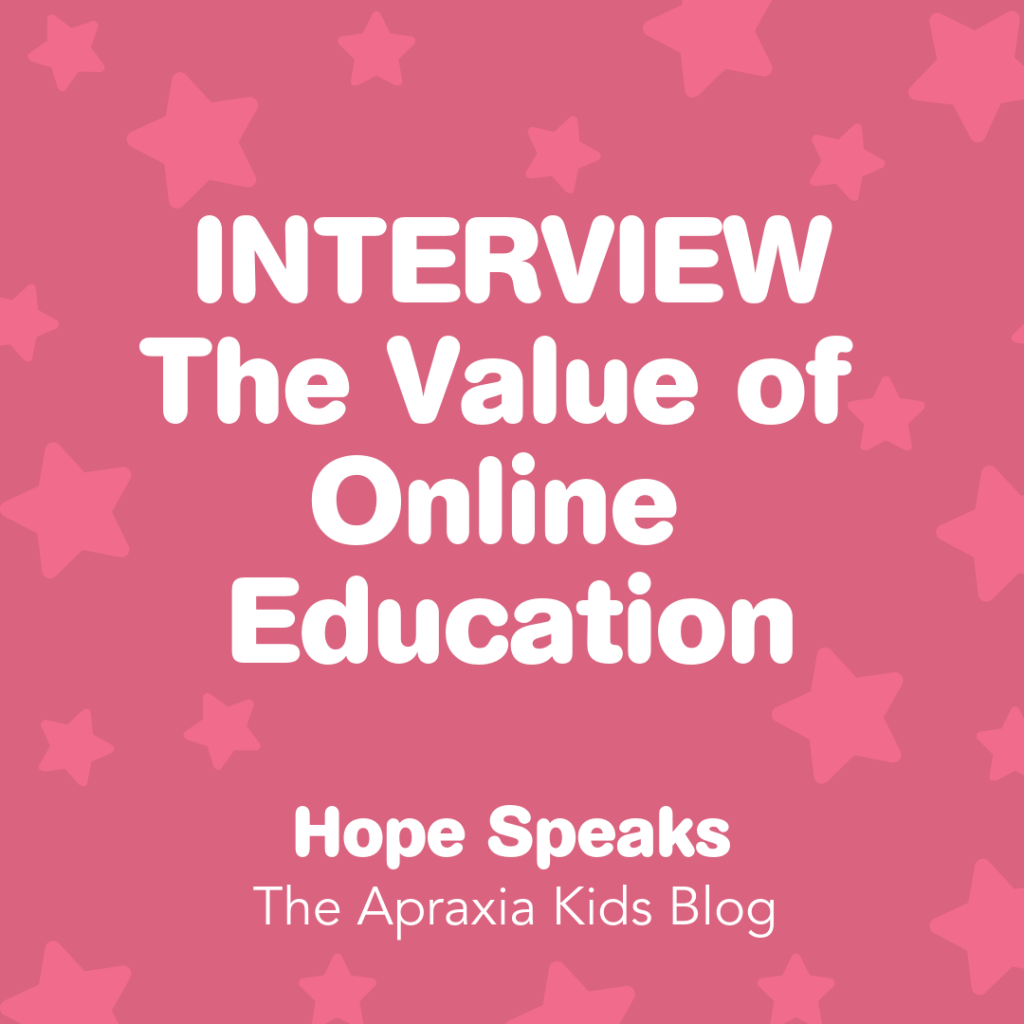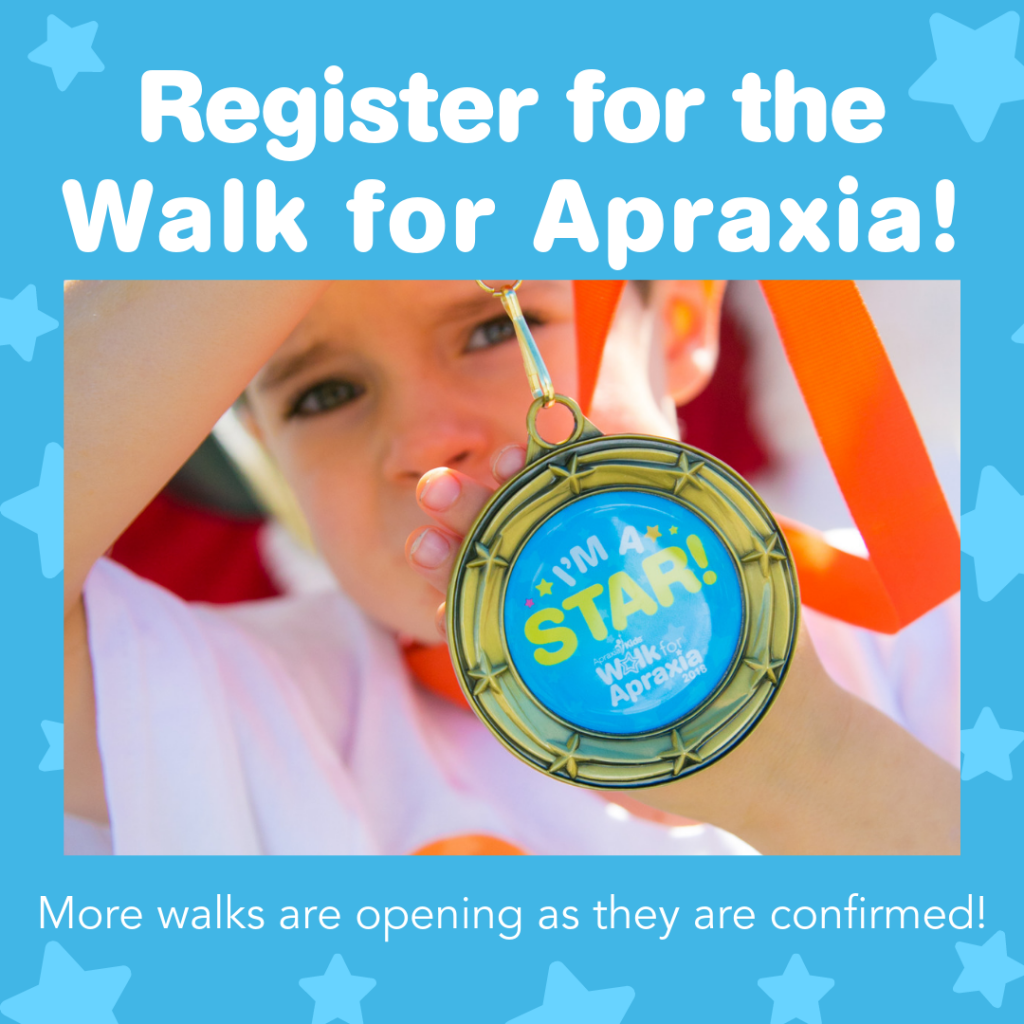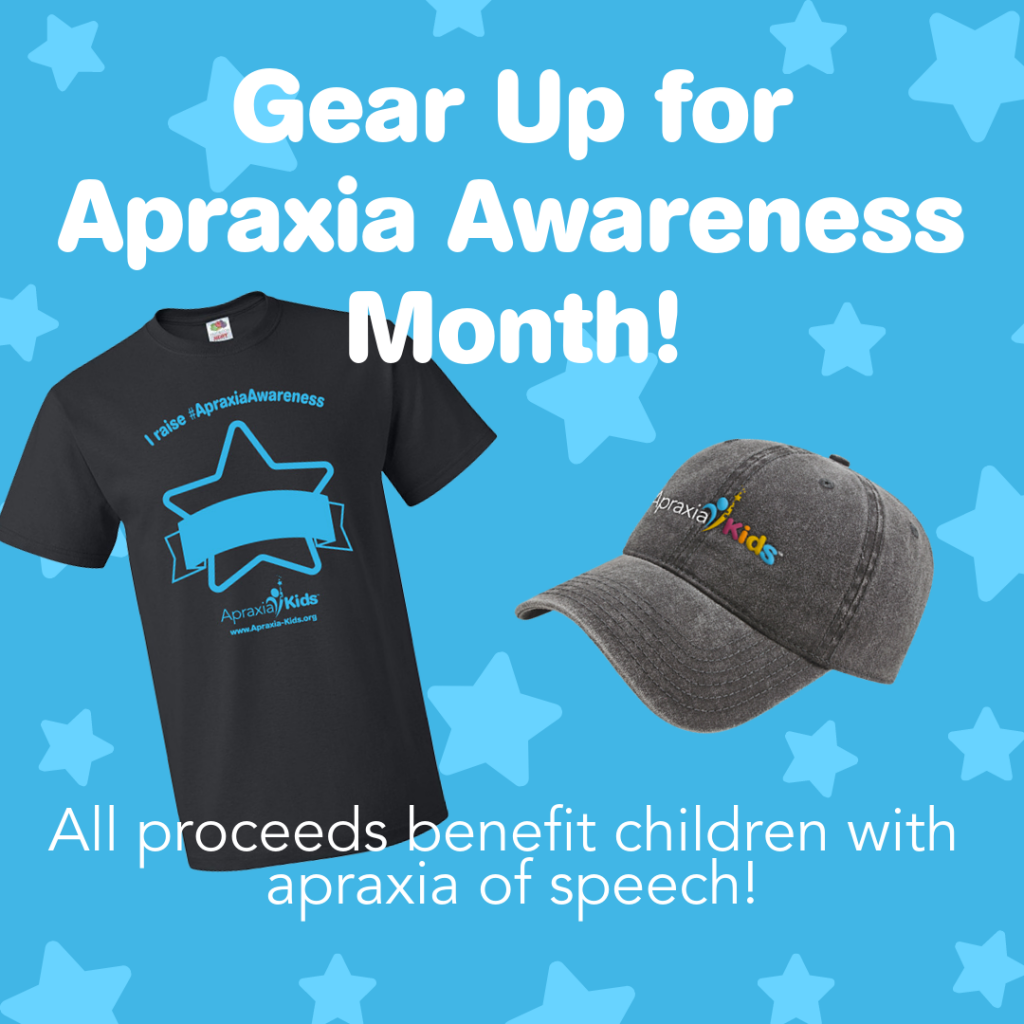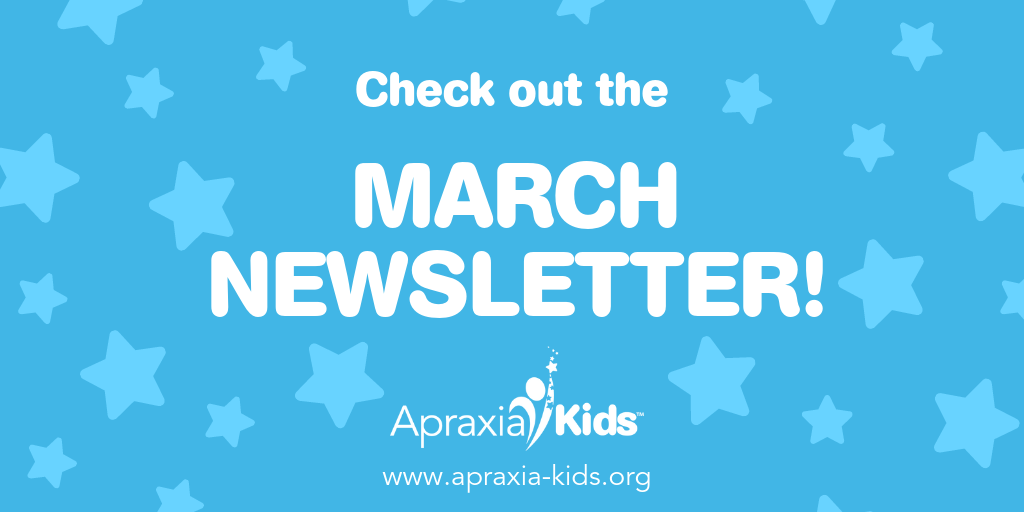
05 Mar March 2019 Newsletter
Dear Friends,
Jean Piaget once said, “The goal of education is not to increase the amount of knowledge but to create the possibilities for a child to invent and discover, to create men who are capable of doing new things.”
In the words of Emma Goldman, “No one has yet realized the wealth of sympathy, the kindness, and generosity hidden in the soul of a child. The effort of every true education should be to unlock that treasure.”
Finally, John F. Kennedy: “A child miseducated is a child lost.”
The importance of education is all around us, and yet so many children with childhood apraxia of speech miss out on critical educational opportunities to advance with their peers.
At this time of year, our staff begins seeing more and more questions about individualized education plan (IEP) meetings. We know that this is an incredibly stressful process for many families for several reasons. First, many families may not know the federal and state laws regarding IEPs. Second, many parents must navigate unchartered waters in learning how to become advocates for their children (not an easy feat!). Lastly, and perhaps most importantly, parents want to feel as though they are doing the “right” thing, or the “best” thing, for their child.
In preparing for an IEP meeting, you must be informed, and you must learn how to advocate. The goal from the start is to form a partnership and not an adversarial relationship. This can easily happen if the initial approach is one of confrontation and not collaboration, and is not in the best interest of the children. Only then can you approach these meetings with knowledge and confidence. Our online Article Library has a wealth of information and research to bring with you. Additionally, this month we are sharing information about IEPs and how to navigate this process on our Facebook page.
We know that many children with apraxia of speech receive speech therapy through the schools. School-based SLPs work hard to provide treatment to children with a wide variety of diagnoses. At the same time, they also must advocate for children as part of the IEP team and, therefore, may face unique challenges in providing CAS-specific therapy. Understanding this can help ensure a strong partnership.
Apraxia Kids is committed to providing educational opportunities for school-based therapists. This year, our National Conference will feature a school-based series of sessions for the first time. Additionally, our On-Demand Webinars allow SLPs to receive online education at their own convenience. School-based SLPs can access webinars on literacy, reading, therapy techniques, managing caseloads, and more!
Only when we work together and support each other can we ensure a brighter future for our children. It is the vision of Apraxia Kids to create a world where every child with apraxia of speech reaches their highest communication potential through accurate diagnosis and appropriate, timely treatment.
We believe that every child deserves a voice.
Angela Grimm
Executive Director
Dear Friends,
Jean Piaget once said, “The goal of education is not to increase the amount of knowledge but to create the possibilities for a child to invent and discover, to create men who are capable of doing new things.”
In the words of Emma Goldman, “No one has yet realized the wealth of sympathy, the kindness, and generosity hidden in the soul of a child. The effort of every true education should be to unlock that treasure.”
Finally, John F. Kennedy: “A child miseducated is a child lost.”
The importance of education is all around us, and yet so many children with childhood apraxia of speech miss out on critical educational opportunities to advance with their peers.
At this time of year, our staff begins seeing more and more questions about individualized education plan (IEP) meetings. We know that this is an incredibly stressful process for many families for several reasons. First, many families may not know the federal and state laws regarding IEPs. Second, many parents must navigate unchartered waters in learning how to become advocates for their children (not an easy feat!). Lastly, and perhaps most importantly, parents want to feel as though they are doing the “right” thing, or the “best” thing, for their child.
In preparing for an IEP meeting, you must be informed, and you must learn how to advocate. The goal from the start is to form a partnership and not an adversarial relationship. This can easily happen if the initial approach is one of confrontation and not collaboration, and is not in the best interest of the children. Only then can you approach these meetings with knowledge and confidence. Our online Article Library has a wealth of information and research to bring with you. Additionally, this month we are sharing information about IEPs and how to navigate this process on our Facebook page.
We know that many children with apraxia of speech receive speech therapy through the schools. School-based SLPs work hard to provide treatment to children with a wide variety of diagnoses. At the same time, they also must advocate for children as part of the IEP team and, therefore, may face unique challenges in providing CAS-specific therapy. Understanding this can help ensure a strong partnership.
Apraxia Kids is committed to providing educational opportunities for school-based therapists. This year, our National Conference will feature a school-based series of sessions for the first time. Additionally, our On-Demand Webinars allow SLPs to receive online education at their own convenience. School-based SLPs can access webinars on literacy, reading, therapy techniques, managing caseloads, and more!
Only when we work together and support each other can we ensure a brighter future for our children. It is the vision of Apraxia Kids to create a world where every child with apraxia of speech reaches their highest communication potential through accurate diagnosis and appropriate, timely treatment.
We believe that every child deserves a voice.
Angela Grimm
Executive Director
Credentials:
Hours of Operation:
Treatment locations:
Address:
,
Phone:
Email:
Overall Treatment Approach:
Percent of CAS cases:
Parent Involvement:
Community Involvement:
Professional consultation/collaboration:
Min Age Treated:
Max Age Treated:
Insurance Accepted:



